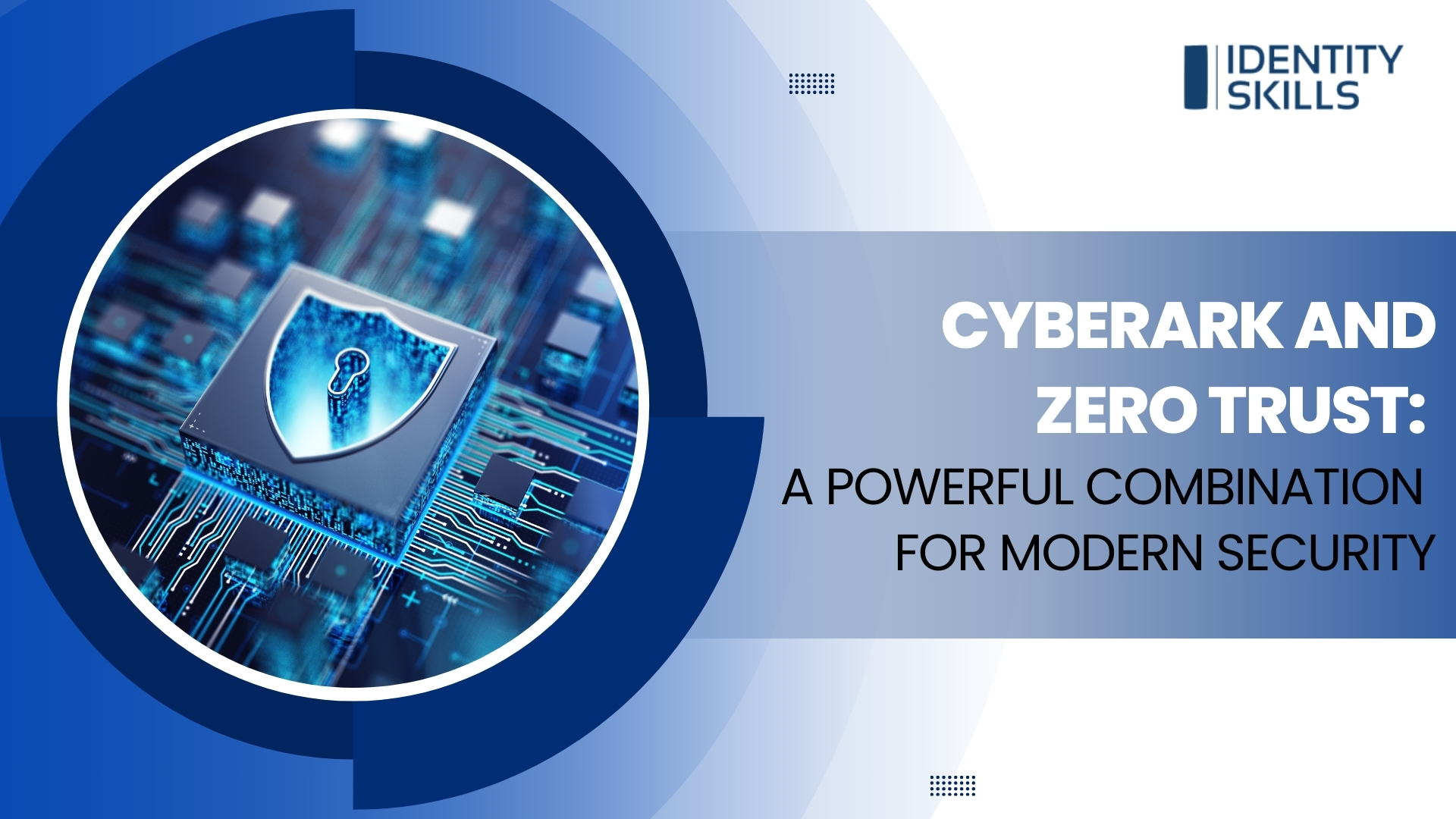In an era where cybersecurity threats are growing more sophisticated, businesses need robust security strategies that keep up with the evolving landscape. One approach gaining significant traction is the Zero Trust security model, which operates on the principle of “never trust, always verify.” IdentitySkills, a leader in identity security, pairs exceptionally well with Zero Trust, offering organizations a dynamic approach to protecting sensitive assets.
The Role of Cyberark in Supporting Zero Trust
CyberArk Training focuses on identity security, which is central to implementing Zero Trust. A strong security platform provides organizations with the tools to manage and control who can access specific resources and track what they do once they’re in. By managing credentials, enforcing authentication policies, and monitoring user activity, becomes a critical component of a Zero Trust strategy.
Key features in an identity security platform that align with Zero Trust include:
- Identity Authentication and Access Management: Secure, multi-layered authentication helps ensure that only verified users gain access to sensitive resources.
- Password Vaulting and Credential Management: Managing and rotating passwords reduces the risk of compromised credentials and unauthorized access.
- Continuous Monitoring and Risk Detection: Real-time tracking of user behavior enables quick identification of unusual activity, allowing security teams to respond swiftly.
With these capabilities, an identity security platform provides the structure needed to implement Zero Trust effectively.
How Cyberark Course Enhances Zero Trust
Deploying Zero Trust principles requires a methodical approach to identity and access management. A online cyberark training plays a critical role in several aspects:
- Enhanced Identity Verification
Zero Trust emphasizes strict verification at every step. Identity security solutions provide tools for multi-factor authentication, risk-based access, and other forms of identity verification, ensuring only authorized users can access resources. - Strict Access Control and Least Privilege
In Zero Trust, the principle of least privilege is essential. Users should only have the minimal access needed to perform their roles. Identity security platforms enable fine-grained access controls based on user roles, time of day, location, and other factors, reducing the risk of insider threats by limiting excessive access. - Continuous Monitoring and Threat Detection
Continuous verification is crucial for Zero Trust. Identity security platforms continuously monitor user behavior, detecting and flagging anomalies that could indicate potential security issues. Security teams can then quickly investigate and respond to any suspicious activity, maintaining trust only where it is warranted. - Incident Response and Threat Containment
Zero Trust requires organizations to be ready to respond immediately to any incident. Identity security solutions provide automated threat detection and response tools, which can contain threats by locking down accounts or enforcing additional security checks in real-time. This rapid response helps prevent a small issue from becoming a significant security breach. - Adaptability in Hybrid and Multi-Cloud Environments
As companies increasingly operate in cloud-based and hybrid environments, security becomes more complex. A strong identity security platform supports Zero Trust across on-premises, cloud, and hybrid environments, helping companies maintain a consistent security posture and ensuring that Zero Trust principles apply across their entire digital landscape.
With cyber threats constantly evolving, businesses need a security framework that is both dynamic and resilient. Combining a Zero Trust model with a Cyberark Certification provides organizations with a powerful, proactive approach to security. This integration allows companies to strictly verify users, control access, and continuously monitor activities, all of which are essential for effective Zero Trust implementation.
For organizations committed to staying ahead of cyber threats, the pairing of identity security and Zero Trust offers an adaptable, modern solution that enhances security and builds trust with stakeholders.

